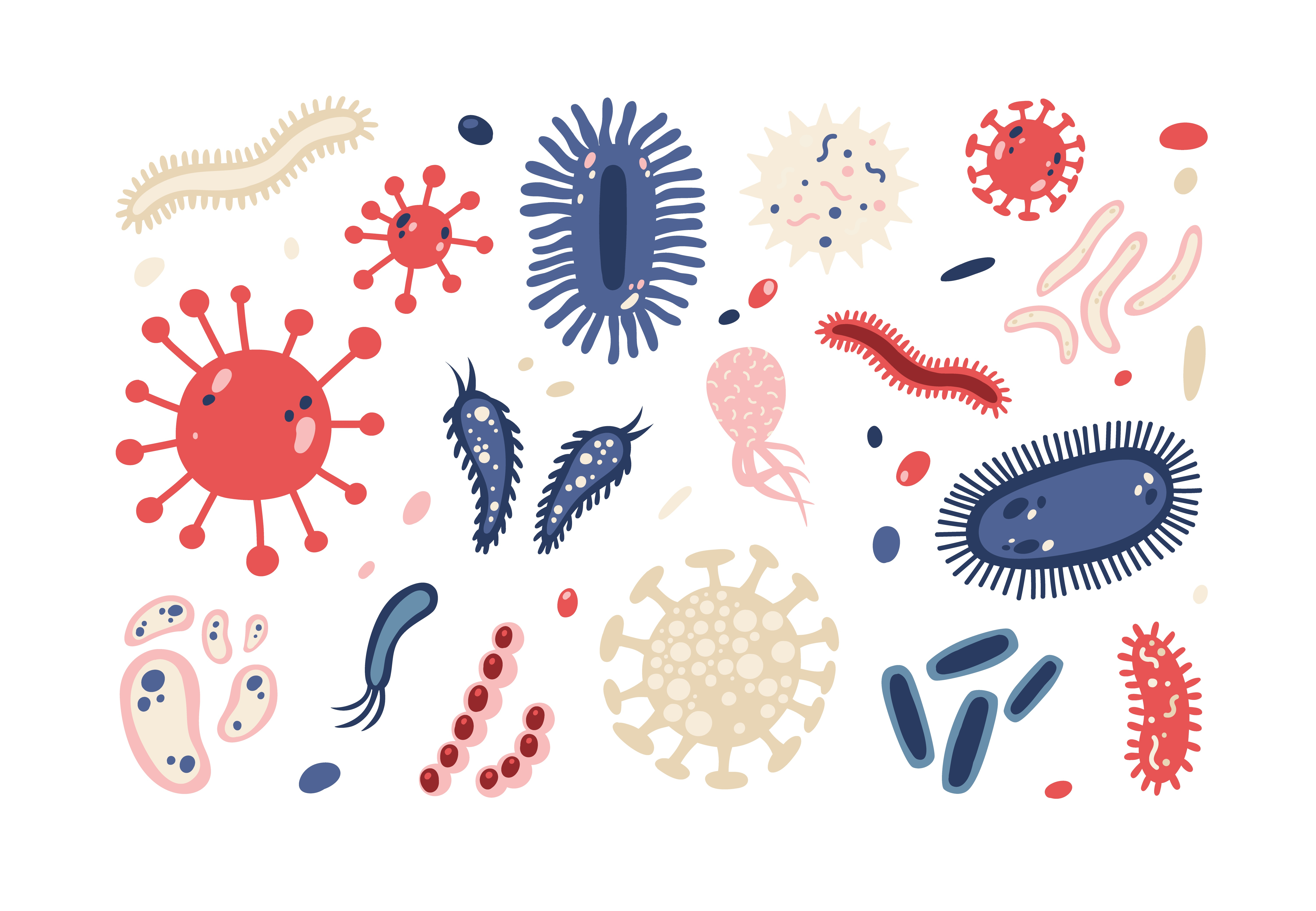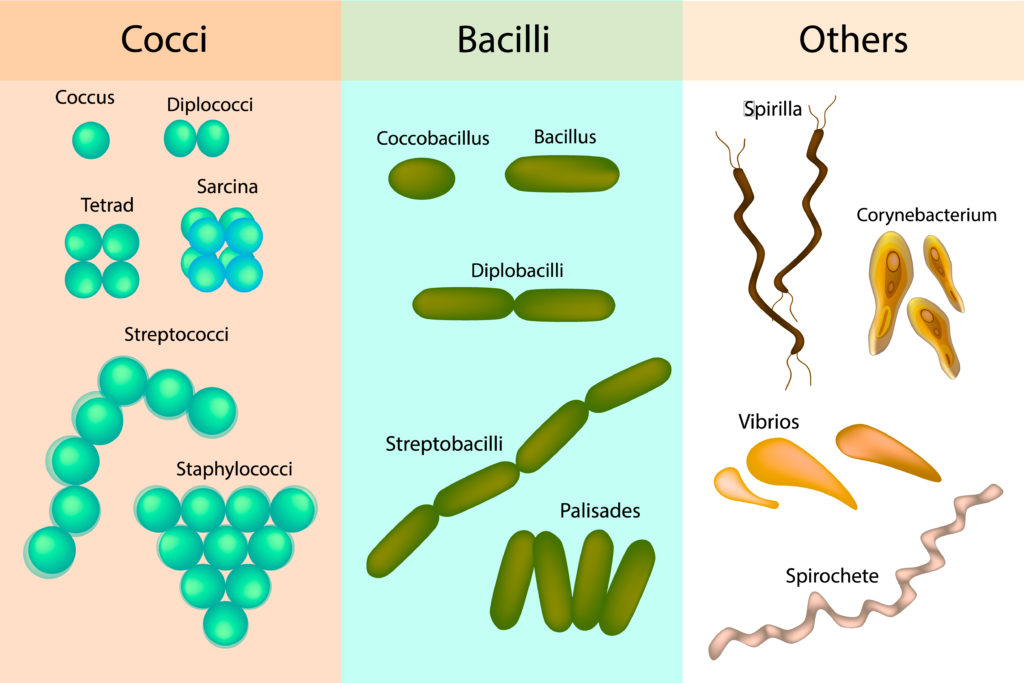Contents:
- Medical Video: Learn Biology: Good Bacteria vs. Bad Bacteria
- Get to know bacteria, living things that are invisible but exist
- What are the benefits of bacteria?
- 1. The survival of humans
- 2. Food fermentation
- 3. Bacteria in industry and research
- Although not all, bacteria are the cause of disease
Medical Video: Learn Biology: Good Bacteria vs. Bad Bacteria
Bacteria are living things that are very small in size, and can only be seen with the aid of a microscope. In fact, bacteria are everywhere, including in the body, in the body of animals, plants or in the environment. Actually, what is it like, bacteria? Is it certainly a cause of illness?
Get to know bacteria, living things that are invisible but exist
Bacteria are living things that only have one cell and are not included in a group of animals or plants. These living things are everywhere, even estimated there are more than 5 million bacteria on earth. So much, one gram of soil can contain 40 million bacterial cells and one milliliter of fresh water can accommodate as many as one million bacteria.
Some bacteria can be dangerous, but most others can be beneficial to the body and the environment. Bacteria support many life forms, both plants and animals, which are also used in industrial processes and treatment.
There are various types of bacteria which are usually grouped according to their shape. There are three basic forms of bacteria:
- Round (coccus).Round shape bacteria can be found in a single, paired or chain form.
- Batang (basil). As with round bacteria, rod-shaped bacteria can also be found in single, paired, and chain forms.
- Spiral. The solitary, spiral-shaped bacteria do not colonize. Spiral bacteria can be found in commas (curved rods).
What are the benefits of bacteria?
Bacteria are often considered detrimental, but actually play many roles in everyday life.
1. The survival of humans
Many bacteria in the body play an important role in human survival. Bacteria in the digestive system break down nutrients, such as complex sugars, into a simpler form to be used by the body.
2. Food fermentation
Lactic acid bacteria, like Lactobacillus and Lactococcus along with various types of mushrooms, it is used to make foods such as cheese, soy sauce, natto (fermented soybeans), vinegar, yogurt, and pickled vegetables.
Not only is fermentation useful for preserving food, but some of these foods may offer health benefits.
3. Bacteria in industry and research
Bacteria are microorganisms that can break down organic compounds. This can be useful for treating waste and cleaning up oil spills or toxic waste.
The pharmaceutical and chemical industries use bacteria in the production of certain chemicals.
Bacteria are used in molecular, biochemical and genetic research, because they can grow quickly and are relatively easily manipulated. The researchers used bacteria to study how genes and enzymes work.
Bacteria are also used in making antibiotics.Bacillus thuringiensis (BT) is a bacterium that can be used in agriculture, including pesticides.
Although not all, bacteria are the cause of disease
Besides having various benefits, several types of bacteria can cause disease in humans. Like cholera, diphtheria, dysentery, bubonic plague, pneumonia, tuberculosis (TB), typhus, and many more.
If the human body is exposed to bacteria that is not recognized by the body, the immune system will attack it. This reaction can cause symptoms of swelling, inflammation and fever.













